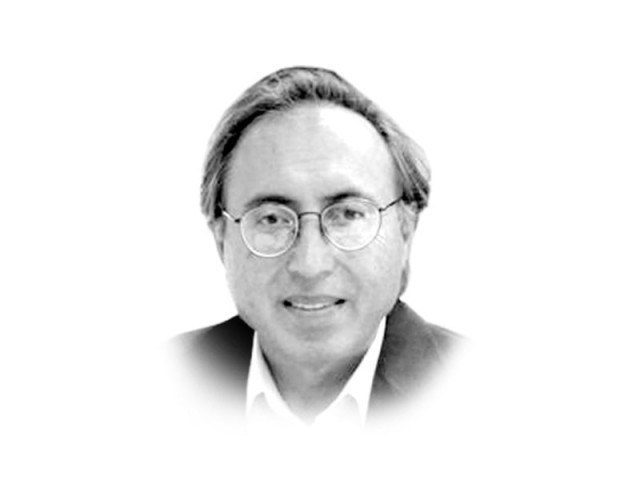Unfreezing Arab history
Rulers such as Hosni Mubarak, Ben Ali, Qaddafi, suffocated societies, falling to same means they used to get power.

The younger officers in the armies plotted coups against monarchies in Egypt, Syria, Iraq, Tunisia and, much later, in Libya. They rode to power on popular nationalist sentiment, revived and reformed societies and brought about social and economic change. Everything the new rulers then, rhetorically promised, struck a popular note among the Arab populations yearning for a better life and future.
Revolution was the key slogan in toppling the old political order at the apex of which ruled the monarchs. The new rulers, mostly from middle-classes, angered by the establishment of the state of Israel with the support of western powers, effectively used popular Arab frustration to seek legitimacy of their rule as they presented themselves as confrontationist with Israel, the West and their regional allies. For this, they aligned with the former Soviet Union that was more than willing to sell weapons for Arab cash.
Domestically, they turned authoritarian and oppressed and brutally crushed every sign of effective opposition to their rule. The regimes such rulers cultivated over time were as personalised as the old monarchies, but far harsher, violent and intolerant than any regimes at any other times. They rejected liberalism and its values, denying their peoples and societies freedoms that we in a dysfunctional democracy like Pakistan take for granted.
All such rulers from Saddam Hussein, Hosni Mubarak, Zine el Abidine Ben Ali to the latest ‘revolutionary’ who bit the dust, Col Muammar Qaddafi, suffocated their societies by sapping their creative energies and stunting the growth of their talents. This is exactly what Basharal Assad, his father and Ali Abdullah Saleh have done to their countries. For about half a century, a critical period of modernisation in the last century, they reduced their peoples to subjects. They sought loyalty, conformity to their politics and unqualified obedience to their rule and obtained this through selective patronage and suppression.
The wave of the Arab Spring is a new revolutionary spirit,seeking justice, equality, freedom and the right to govern — the core values of modern, open politics. It is a spring of hope among peoples conquered and humiliated by native ruling cliques. The awakening among Arabs carries with it a strong message for rulers still holding on to old order and not wanting to change; it is a New Age and these are new generations of Arabs who are willing to pay any price.
Rebuilding after a half a century of despotism is not going to be easy as the dictators have left behind social rubble, political mess, fragmented societies and states empty of souls. The success of new revolutionaries will depend on their commitment to the values that inspired them to pull down the dictators — freedom, justice and reconciliation.
Published in The Express Tribune, October 23rd, 2011.













COMMENTS
Comments are moderated and generally will be posted if they are on-topic and not abusive.
For more information, please see our Comments FAQ